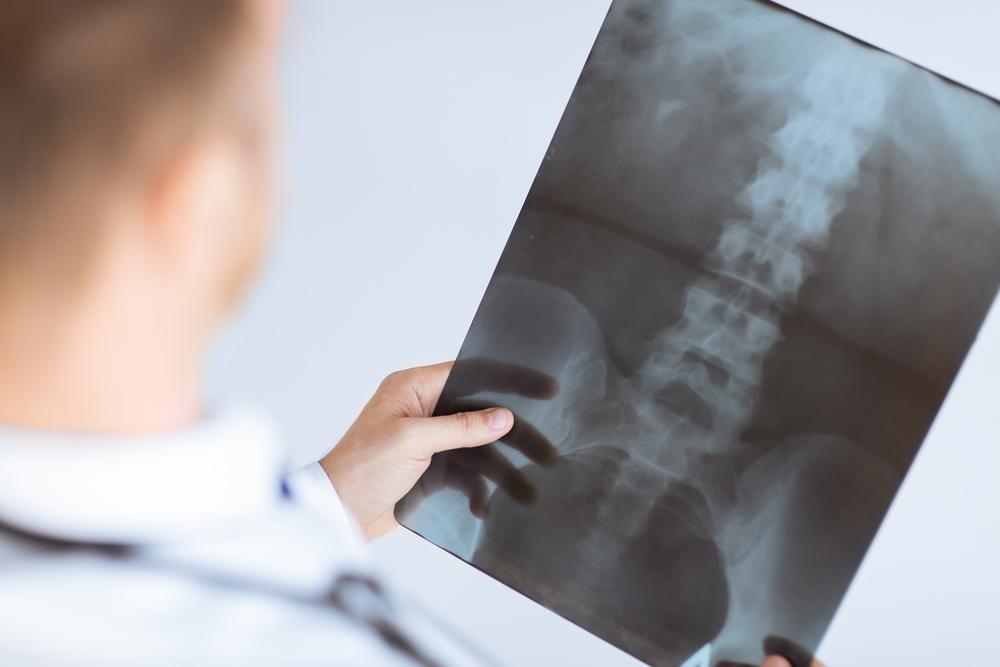About 1.6 million spine surgeries are performed each year in the United States, helping people of all ages relieve pain and improve their quality of life. But it’s not just the surgical procedure that helps patients feel better. Rehab plays an important role, too.
For patients at his Roseville, Minnesota, practice, David Chang, MD-PhD, DABNS, recommends custom rehab programs to help them achieve optimal results after their spine surgery.
Ways rehab helps you after spinal surgery
If spinal surgery is in your future, here are four ways a rehab program can help you.
Increases strength
If you’ve had spinal surgery, there’s a good chance your mobility before your surgery was at least somewhat diminished. Since you lose muscle mass, strength, and exercise capacity in just a few days to a few weeks of inactivity, there’s also a good chance that your strength has diminished, too.
Targeted strength exercises help your muscles regain their function, so you can enjoy being more active again. Plus, by improving the strength of the muscles around your spine, rehab can prevent future injury, too.
Restores mobility
Early rehab helps decrease scar tissue formation that can interfere with normal movement around the surgical site. Plus, rehab focuses on keeping your muscles and other connective tissues limber, so you can return to activities sooner.
Enhances coordination
Your spine plays a central role in helping you balance and coordinate even simple activities, like walking or climbing stairs. Preoperative stiffness and pain can interfere with these skills, and inflammation and soreness after surgery can compound the problem.
During rehab, you learn exercises to restore balance and coordination, so you move better and decrease your risk of falls. And your rehab specialist can help you learn new ways of moving, so your spine stays healthy.
Decreases discomfort
Physical therapy improves circulation for faster healing and a reduction in inflammation, a common cause of postsurgical pain. By keeping your spine and the surrounding muscles and tissue active, you also avoid stiffness that can lead to increased pain sensations and even long-term spine pain.
Getting the most from your rehab program
Now you know why rehab is so important for your recovery. Here are some tips to help you get the most from your rehabilitation program.
Understand what your rehab involves
Post-surgical rehabilitation can mean different things for different people. Your rehab plan is based on the type of surgery you have, your activity level, your age, your underlying health, and other factors unique to you.
Before your surgery, discuss your rehab plan with Dr. Chang so you know what to expect. That includes asking about where you’ll have therapy, how often you’ll see a rehab specialist, and how many sessions you may need.
Prepare for rehab
Depending on the type of surgery you have, you might not be able to drive for some time. Have someone who can drive you to and from your rehab appointments so there’s one less thing you have to worry about after your surgery.
Stick to your rehab schedule
Your rehab program is designed to support your spine throughout its course of healing. It might be tempting to skip appointments once you start to feel like your old self, but doing so can come at a price.
Specifically, by interrupting your rehab program, all those benefits you’ve experienced up to that point could be undone, and you might find yourself with more pain and more stiffness. You could also significantly increase your risk of injuring the area in the future.
Do your homework
Many rehab programs involve home exercises in addition to the exercises you perform during your sessions. Those home exercises play a key role in maintaining your progress and improving your flexibility and strength over time.
Set a routine right from the start to make sure you have ample time to do those exercises as often as recommended.
Spine surgery plays a pivotal role for many people with acute and chronic back and neck issues. With a custom rehab program, you can feel confident in your recovery and your long-term outcome.
To learn more about rehab after surgery, call us at 651-219-7322 or request an appointment online today.
